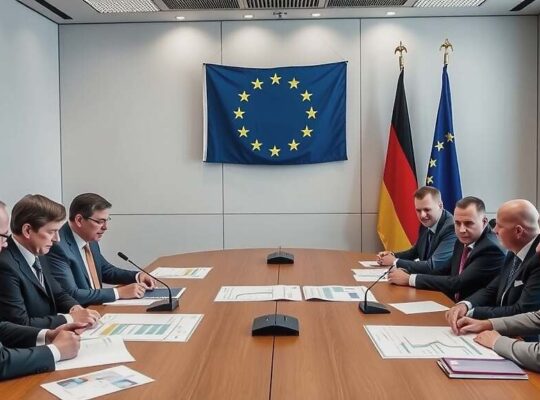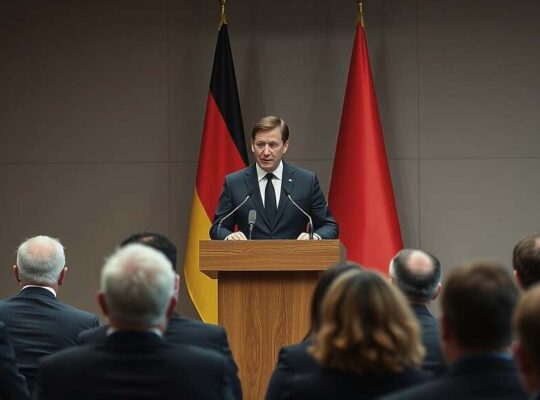The German government is reportedly offering substantial financial incentives and material support to Afghan citizens eligible for the Federal Integration Program (BAP) in exchange for voluntarily relinquishing their chance to resettle in Germany. The move, revealed by the newspaper “Welt”, underscores the escalating difficulties and political pressures surrounding the program’s stalled progress.
Afghan nationals, many of whom have been awaiting relocation from Pakistan for up to two years, are being contacted and informed of the possibility of receiving financial assistance if they opt out of the integration process. This includes a one-time payment of up to €2,500 before departure and a further €10,000 upon return to Afghanistan or, in limited cases, onward travel to a third country. Beyond the monetary incentives, the government is also offering in-kind support, encompassing several months of medical care, accommodation and food.
The rationale behind this controversial policy centers on easing the significant backlogs plaguing the BAP. Numerous Afghans have received initial acceptance for relocation, only to face visa denials or the revocation of previously issued visas, leading to judicial intervention and court orders mandating immediate entry. Despite these legal challenges and the ongoing arrival of Afghans through the program-as evidenced by recent arrivals in Hannover-the government seeks to circumvent the accumulated bureaucratic and legal complications.
Critics are already condemning the plan as a tacit admission of failure and a potentially unethical approach to managing migration. Concerns are being raised regarding the transparency of the offer, the potential coercion of vulnerable individuals facing desperate circumstances and the long-term implications of encouraging returns to potentially unstable regions like Afghanistan. While the Ministry insists all participation is voluntary and that procedures will conclude by the end of 2025, questions remain about the true extent of choice afforded to those facing severe economic and social precariousness in Pakistan. The move also risks further complicating Germany’s already fraught political landscape concerning immigration and integration policy, particularly as it raises questions around the responsibility and commitment to those initially promised safe passage.












